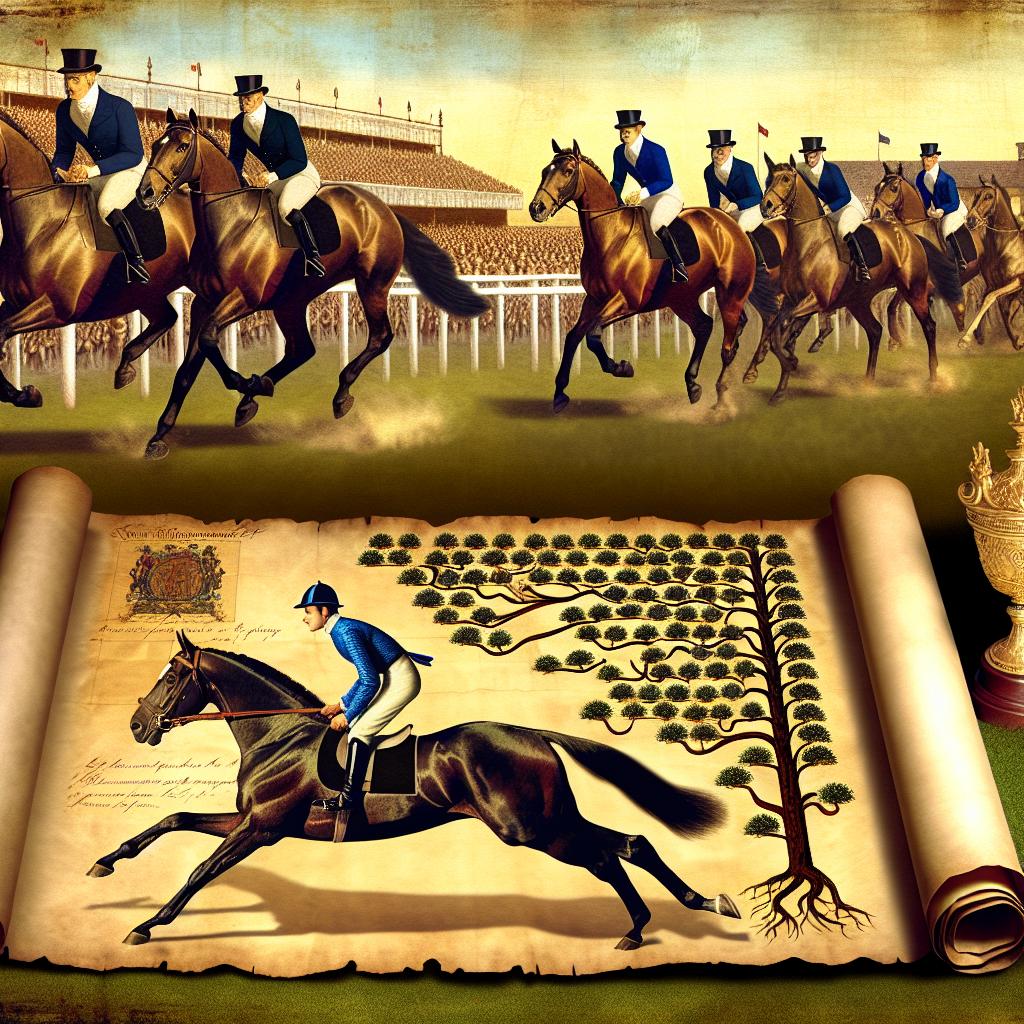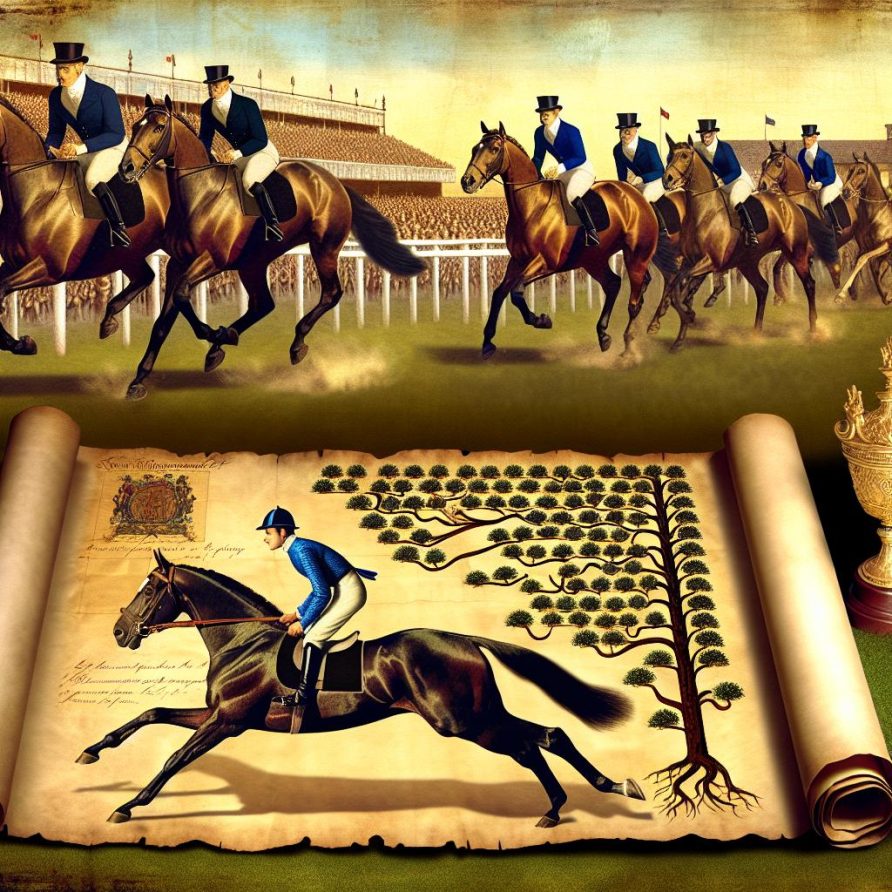The Role of Pedigree in Horse Racing Success
Horse racing is a sport that intertwines tradition, strategy, and a significant emphasis on the pedigree of the competing horses. Pedigree, the ancestral lineage, plays a pivotal role in determining the potential success of a horse on the racetrack. By understanding a horse’s lineage, owners and trainers can gain insights into the horse’s capabilities and potential for racing success.
Defining Horse Pedigree
Horse pedigree is essentially the genealogical record of a horse’s ancestry, typically extending back several generations. These records provide detailed accounts of a horse’s lineage and are essential for understanding the genetic and performance heritage carried by the horse. In many cases, the pedigree includes champions and horses that have demonstrated significant racing prowess. Such information can offer valuable insights into the potential racing capabilities of their descendants.
Genetic Inheritance and Racing Ability
The impact of genetics on a horse’s racing ability is significant. Horses inherit specific traits from their ancestors which can play a crucial role in their racing performance. Some key genetic traits include:
Speed: A history of speed is often a strong indicator of a horse’s potential velocity on the track. Horses that descend from a lineage of swift racers frequently carry the genetic predisposition for high speed.
Stamina: The pedigree of a horse can also reveal its potential for endurance, a critical attribute for success in longer races. Horses with ancestors known for stamina are more likely to maintain performance throughout exhausting races.
Conformation: This refers to the physical characteristics such as body structure and muscle composition. Horses often inherit these traits, and they can directly influence a horse’s ability to race effectively. In many cases, these characteristics align with those of successful predecessors.
Analyzing Pedigree Records
Analyzing pedigree records is a vital part of selecting and training racehorses. Breeders, owners, and trainers spend considerable time examining these records to make informed predictions about racing outcomes. Several critical components are typically reviewed, such as:
Progeny Success: This involves studying the performance of the offspring of specific sires or dams. Understanding how the progeny have performed provides indicators of a new horse’s potential.
Ancestral Achievements: The presence of notable ancestors, particularly those who have achieved great success, like Triple Crown winners, can elevate expectations for a horse’s performance.
Pedigree Influences on Breeding Decisions
In the horse breeding industry, pedigree significantly affects a horse’s market value. Breeders meticulously plan to produce foals that inherit favorable traits from both their sire and dam. This strategic selection process, often referred to as “nicking,” seeks to enhance desirable characteristics while minimizing potential weaknesses. Careful consideration of pedigree ensures that the genetic material passed down amplifies the potential for desired racing traits, such as speed and stamina.
Limitations of Relying on Pedigree
While pedigree offers valuable insights into a horse’s potential, it does not serve as an absolute predictor of racing success. Several other factors play pivotal roles, including:
Training: The quality of training can significantly influence a horse’s performance, regardless of its pedigree.
Health: A horse’s physical health is vital for racing success and can overshadow pedigree in determining performance.
Environment: The conditions in which a horse is raised and trained can markedly impact its racing capabilities.
It is also essential to recognize that some horses may achieve remarkable success despite originating from less prestigious lineages. This underscores the importance of individual talent and racing circumstances.
For a more detailed exploration of horse racing or pedigree analysis, interested individuals should consider exploring specialized resources and websites dedicated to this field. Such resources offer a comprehensive understanding of the intricacies involved in pedigree analysis and its impact on horse racing success.
Overall, understanding pedigree provides a significant foundation for assessing the potential of racehorses, but it must be viewed in conjunction with other vital factors like training, health, and environmental influences for a complete picture of a horse’s racing potential.





